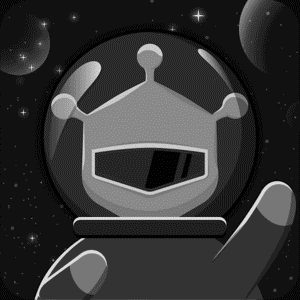I/O Expansion Shield v7 pin and interface function
 monyet_galau 2014-11-02 21:09:54 8421 Views3 Replies
monyet_galau 2014-11-02 21:09:54 8421 Views3 Replies Hi, I am connecting Wifi Bee v1.0 to I/O Expansion Shield v7 and Arduino Uno in order to make a Wireless Sensor Network where I can put multiple sensors in one device. I got a problem where I couldn't find the line between Wifi Bee v1.0 and I/O Exp v7 connection. What I really need is some interface details of IO Exp like the picture below (XBee Carrier interface function) :
Since there is info about the pin definition of Wifi Bee v1.0
I will know where I can connect my sensor to, that picture shows that if I put the sensor to I2C port on XBee Carrier then I have to use pin 19 in Arduino IDE.
But there is only this picture and I don't understand what pin should I use in Arduino IDE
There is 2 port I2Cs, 6 Analogs, and 12 Digitals (CMIIW) and I don't know where each of those port connected to which Wifi Bee pin. So, can someone help me with this? I hope you get what's my point. Thanks, and sorry for my bad english.
Could you make the sensor DHT11 work with Arduino? If you could, it should be no problem.
Make a webpage displaying the Temp&Hum data.
Wifi bee will occupy Arduino Serial port. and relays will use some digital Pins. I am not sure whether DHT11 is an I2C interface. Could you check the product page? If this is a I2C device, it will give you the Address.
 Grey.CC
Grey.CC I don't know is the DHT11 an I2C device or not, but in XBee Carrier there is only 2 sockets : I2C and D5,D6. Because I haven't success yet to use D5,D6 socket but I2C done well, then maybe it is an I2C device?
XBee Carrier perhaps only for simple application since it only has 2 sensor sockets, 2 power sockets, and a USB socket. What I want to do is to make a WSN where some sensors data are sent through wifi using Wifi Bee and it is connected to relay in order to control AC or lamp, etc. Any suggestion? I have :
4 Wifi Bee v1.0
6 XBee Carriers
4 Wifi Bee v2.0
1 I/O Expansion
2 Relay Shields
1 Arduino Uno
2 Gas Sensors
2 DHT11
3 DHT11 (Grove)
 monyet_galau
monyet_galau By the way, is your DHT11 a I2C device? If it is, you could connect it on Arduino I2C interface.
 Grey.CC
Grey.CC 
